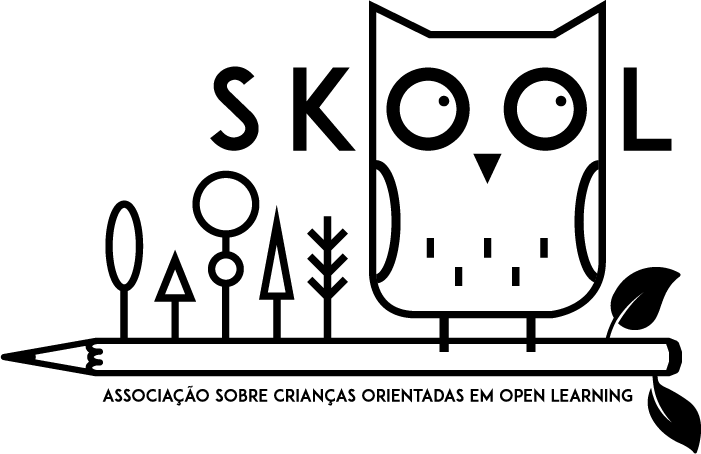In SKOOL, we are convinced that children do not need a lot of information, but a quality one. Contrary to what many may think, children are not incomplete adults, they are complete, full and internally and externally with infinite possibilities. Children become adults, and for this they only need to be oriented, receive adequate information and opportunities.
For us Education is much more than accumulating knowledge. Maturity and wisdom require reflection on ideas, so in SKOOL we treat children as active beings and not as passive subjects to the knowledge and instruction of the teacher.
We favor a more natural teaching method, which respects more the child’s time and contributes to his / her complete formation.
In treating your children as people means that we guide children to realize what habits of self-discipline are, through daily routine, concentration, self-control, honesty, cooperation, and altruism. It also means we inspire children to learn, respecting their personality, while gaining autonomy and freedom to decide where and how to study and evolve according to their state of knowledge.
In legal terms, SKOOL is part of the Home Teaching scheme.

Project SKOOL
What are the advantages of the educational method applied in SKOOL to the traditional teaching method and to others?
We differ because SKOOL’s open learning learning method focuses on children and their abilities, encouraging them by engaging in short lessons with technology, local resources and the environment, letting them grow.

Greater diversity and lower repetition
Respecting the curricular goals, we bet on a greater diversity of knowledge to the detriment of a repetition so exhaustive, but with a focus on the systematization and memorization of contents.
Priority to proximity and human relations
We are enthusiasts of humanity, respect, openness, affection and the work of interactivity between children and the local community, because only then can we also contribute to creating better citizens.


Recognition of the child’s role in learning
We understand that the child is active in his / her own learning and, to this end, must participate in the choice of learning materials, methods and rhythms. We privilege a less tutor-centered, child-centered teaching-learning process so that you realize that your input is important. For this reason the role of the tutor is guiding.
Manipulation of educational materials
We rely on the diversity of materials and their manipulation, often encouraging the use of materials produced by the children themselves, stimulating their exploitation and increasing their learning.


Learning Diagnostics
We have developed a more qualitative, quantitative evaluation system that, through a diagnostic evaluation of children’s knowledge, supports them throughout the learning process and not only at the end of the formal evaluation. In this way, we obtain individual information from children, focusing on the emotional and physical development aspects.
Monitoring and extension in learning
We apply a program of extra curricular activities, but always with a previous diagnosis of the children’s learning and how the activity will impact them, carrying out an individual accompaniment whenever necessary.


Play yes but learn
The space of children, their moments and happiness can not only be recognized by the space of play, but also by the manifestation of learning, for this we bet on dynamics that allow the systematization and memorization of the contents.
At SKOOL we are going to meet the main teaching trends, where the incentive to student participation is the main objective, which goes through many aspects.

By making school curricula more flexible
This means opening up space to work on emerging societal issues, including human rights, social equality, sustainability, gender and technology, but also the possibility of specific needs of each student.
By the consistent use of technology
We apply a program of extra curricular activities, but always with a previous diagnosis of the children’s learning and how the activity will impact them, carrying out an individual accompaniment whenever necessary.


By encouraging solidarity
So that the children perceive the context in which they are inserted. The role of schools is to develop teaching methodologies that contribute to the ethical and social formation of students, enabling them to know how to live in harmony and tolerance.
For the expansion of school space
Transposing the barriers of the classroom. Learning can occur in conventional spaces, but also in unconventional places such as courtyards, corridors, gardens, sports space, movie theaters and laboratories. A more dynamic teaching environment favors group activities and debate.


Through the exercise of dialogue and listening
In order for them to learn to express themselves and to perceive the need to listen to different points of view on the same subject, to stimulate reflection on a theme.
By harnessing the potential of each child
Through a sensitive view of their capabilities and the creation of methodologies that channel these same capabilities to make them better and safer than their potential.


By entrepreneurship
What it means to develop skills such as creativity, autonomy, responsibility, and the ability to solve problems and innovate.
Are you also a mother or father looking for the perfect school for your children?




